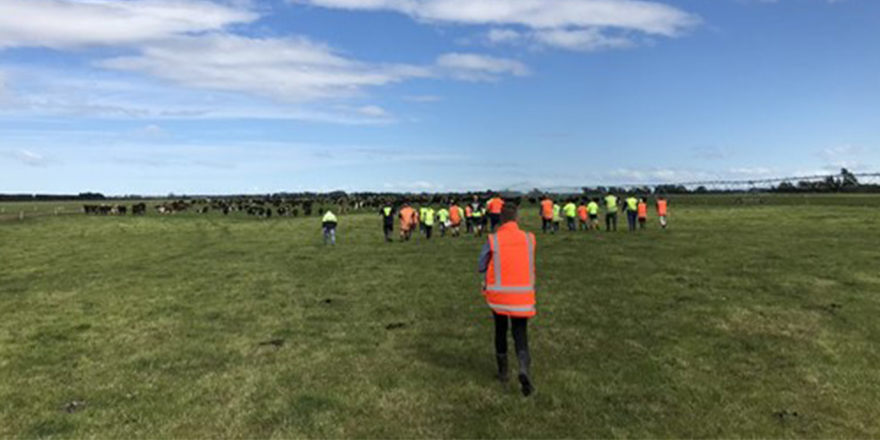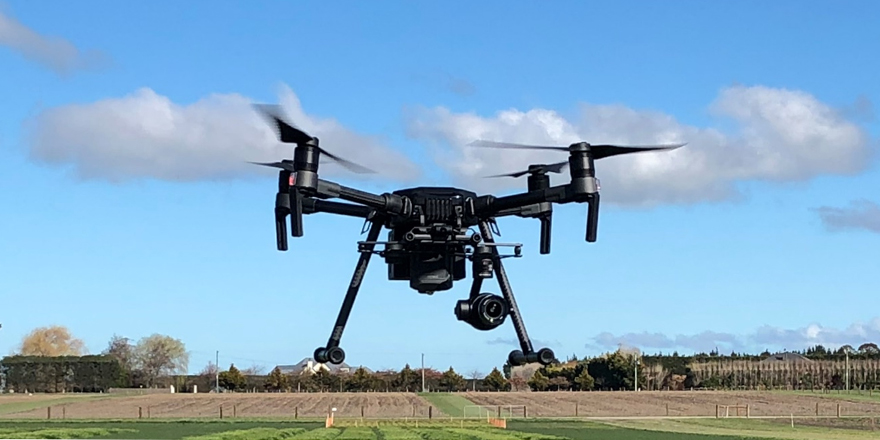
Executive summary
There has been a considerable amount of regulatory change in the freshwater space over
the last 15 years which has been difficult to implement for both regulators and farmers. Whilst
these regulations have lifted the bar on some practices impacting waterways it has also
created some uncertainty for farmers.
The purpose of this research is to investigate the relationship between changing freshwater
regulations and farmers appetite to innovate on farm to achieve freshwater improvements.
The aim of this research is to determine what impact changing regulation has had on farmers
adopting innovative freshwater management practices on farm, to understand the scope of
emerging and accepted mitigations to achieve freshwater outcomes through innovation
and to develop practical recommendations for how freshwater regulations can be drafted
to provide certainty to farmers whilst improving the quality of Aotearoa’s waterways.
The methods of this research project consisted of semi-structured interviews with dairy
farmers, a regulatory scan of current freshwater regulations under development, a thematic
analysis of interview responses and a policy assessment of options against chosen criteria
analysis to investigate how freshwater regulations can be drafted to provide certainty for
farmers to innovate.
The findings showed that further regulations for freshwater management are required to
implement the National Policy Statement for Freshwater Management 2020 within regional
plans by the end of 2024. An approach to freshwater management that meets the criteria of
flexible, enforceable, practical, and ambitious would provide certainty to farmers to
innovate and meet regulatory requirements. Three options of regulatory approaches were
analysed against these criteria: an input-based approach, a risk-based approach and a
catchment collective approach. The options analysis showed that a risk-based approach
which regulates through a farm planning regime like Freshwater Farm Plans is the most
effective way to regulate for freshwater management whilst providing certainty for
innovation. A mixed approach including input-based regulations and catchment
collectivism is likely to be needed to meet all objectives of the NPS-FM, however a risk-based
approach should be heavily relied upon by regulators.
The following recommendations were made in response to the research questions; How
might freshwater regulations provide certainty for farmers to innovate?
• Regional councils should utilise a risk-based approach to regulations including the
Freshwater Farm Plan scheme when implementing the NPS-FM 2020 in regional plans.
• Central government (in particular MPI and MFE) should support the implementation of
Freshwater Farm Plans in a way that ensures they are flexible, enforceable, practical and
ambitious.
• Political parties should avoid using freshwater regulation as campaigning tool, instead a
non-partisan approach should be taken with any further regulation required (relating to
freshwater) developed effectively outside of three-year political cycle.
• Farmers should utilise Freshwater Farm Plans to capture evidence of all mitigations
implemented on farm, including those that were innovative or early-adoption.
• Processors should continue to develop and integrate recognition programmes for good
practice and where possible provide a premium as a way to encourage and
acknowledge early adopters of innovative practice.
Anna Sing




